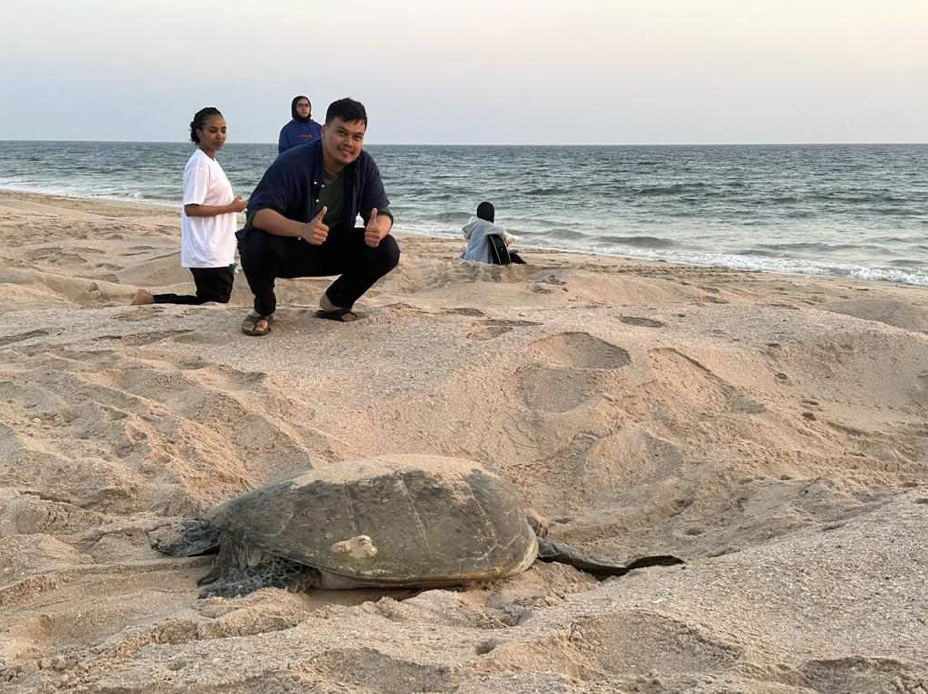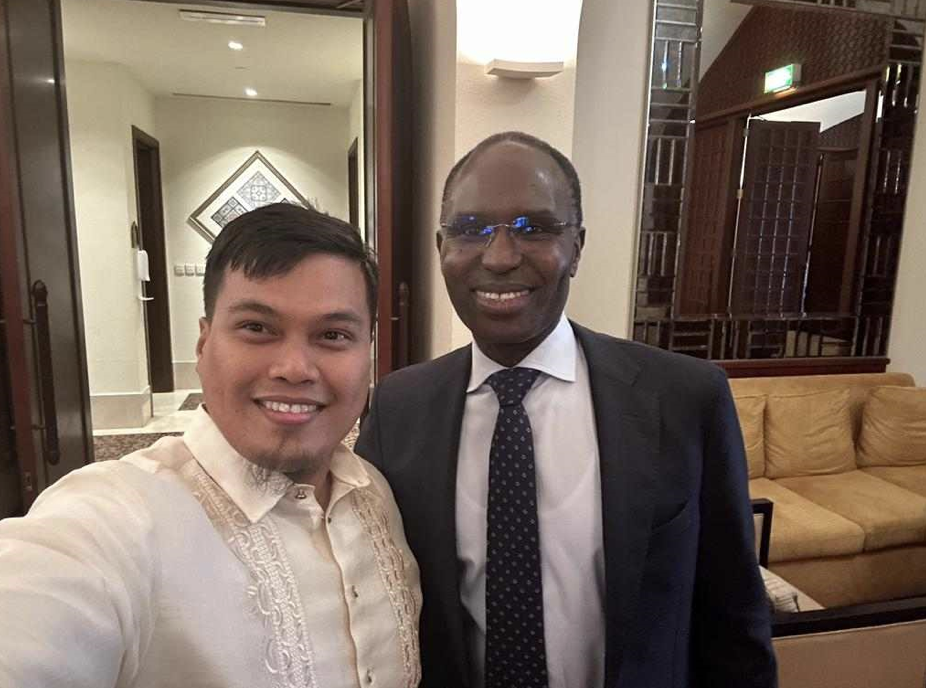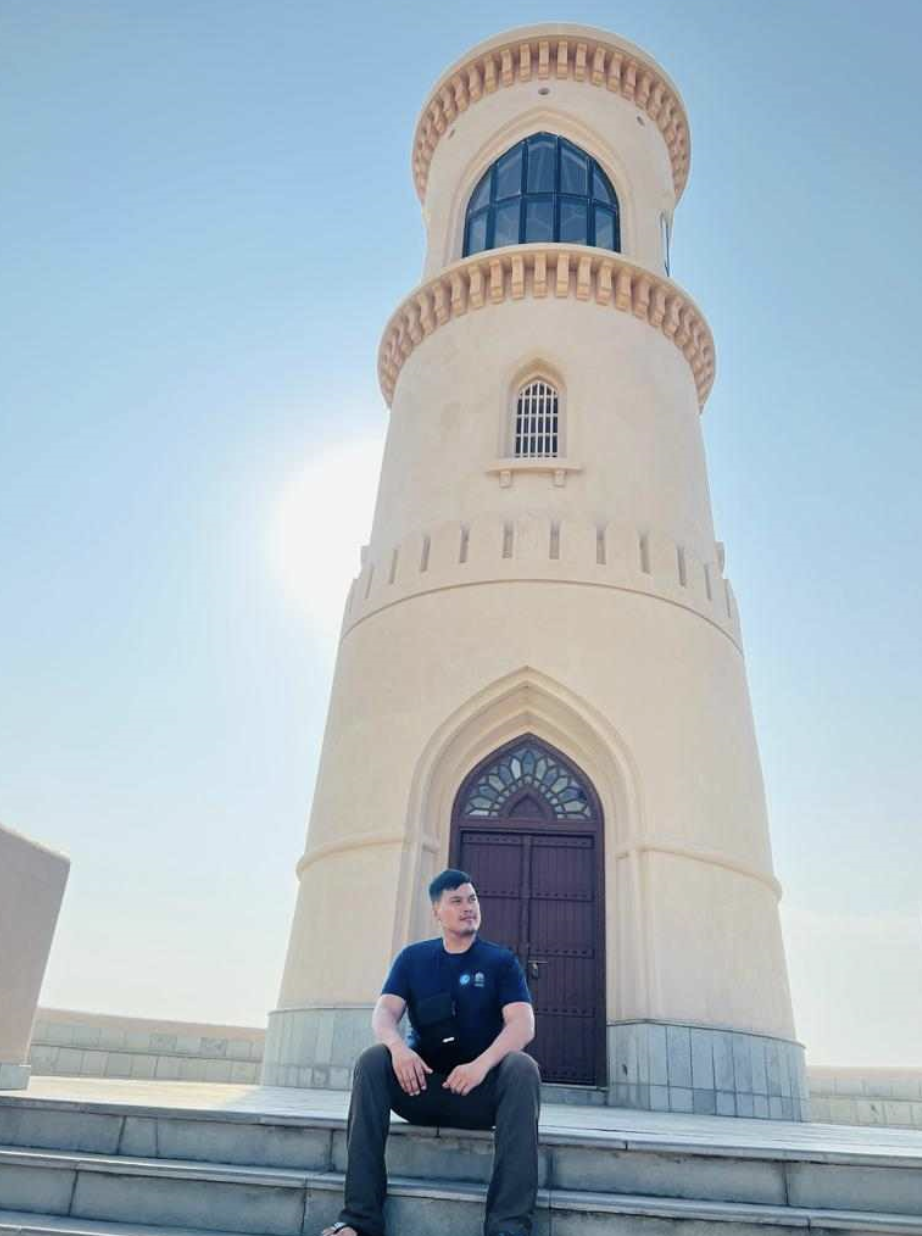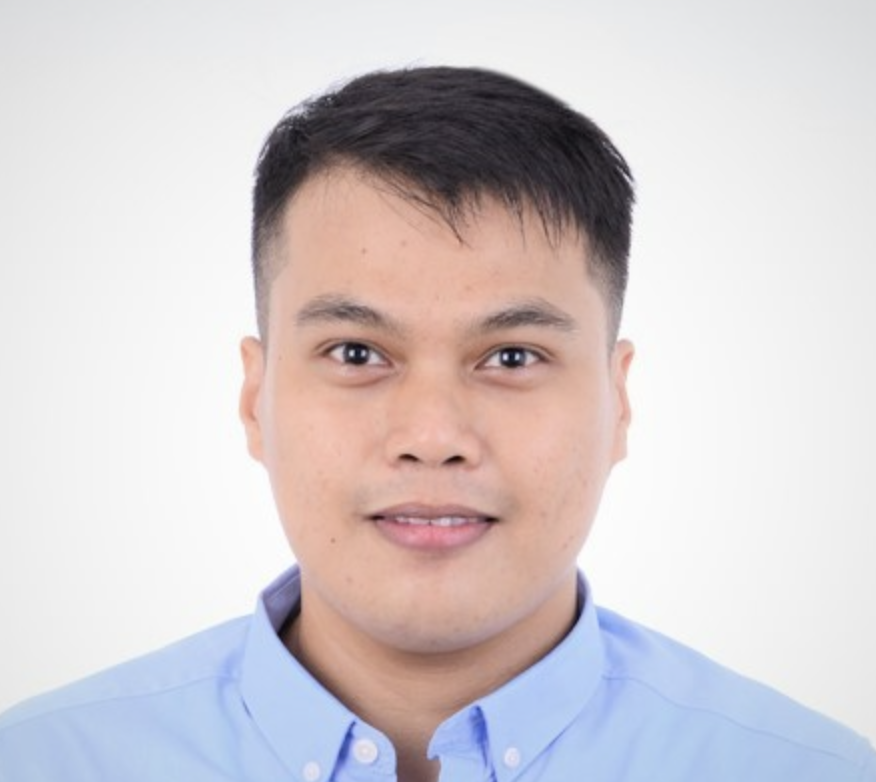Together, We Stand for Peace and Coexistence!
A youth reflection piece by Zaid Bagundang
The existing cycle of hostilities and massive atrocities against innocent civilians, adversely affecting women, girls and boys, in many contexts, is totally unacceptable and should be stopped. As much as everyone have condemned these acts, youth should lead to stand against any form of oppression and atrocity. Together, we stand for peace and coexistence!
This statement comes following my learning with other young leaders from across the globe, in a program called ‘Harmonious Connections,’ which was held in Muscat, Oman. I would like to thank the people of Oman for their outmost generosity and hospitality. It was a beneficial moment for us to reflect, especially in these tumultuous times.

Turtle sighting at the beach.

Zaid with Dr. Mohamed Elsanousi, Executive Director of the Peacemakers Network.

Oman is known for its commitment to interfaith dialogue and religious tolerance. During my stay, I observed that they have a strong dedication to promoting understanding, harmony, and peace both within its borders and on the global stage. The Sultan Qaboos Grand Mosque in Muscat, which we were fortuned to visit, constitutes as a symbol of religious harmony and co-existence, welcoming people of all faiths and whatever walks of life. This is truly inspiring and continues to be an inspiration for other countries. Indeed, Oman leads by example.
We made our journey in Oman, our resiliency, patience, creativity, and personal values were tested. There were a lot of life lessons learned with every single step we took, such as the example of the green sea turtles, which we visited in Ash Sharqiyah District. These sea turtles swim thousands of miles and return as adults to the exact same beach on which they were born in order to mate and lay their own eggs. It teaches us patience, to not give up hope, value where you come from, your history and culture and help to respect one another, to name a few. In connection, despite the violent conflicts sprouting around the world, youth should never ever lose hope. Today, we have even more reasons to do more.
The program also provided us an interactive workshop to understand basic mediation practices and allotted a safe space for discussion among youth on pressing violent conflicts in each of our respective regions. Here I realized that despite of exclusion and unrecognition at most and the security risk youth are facing, young people have significantly contributed in promoting mutual understanding, coexistence and peace, through mediation and conflict resolution. Furthermore, the session brought me a bird’s eye view of how conflict, context, and religion interact with each other. This is substantial input that will be useful in our engagement at the community level and with influential actors.

Group photo.
Likewise, it was also a privileged moment, when I personally witnessed the opening of the “Global Consultation on the Role of Traditional Leaders and Actors,” which was participated by well-known international traditional and religious actors around the world. I have a change to interact with them and will cherish that significant moment.
In total, I considered these experiences as comprehensive, full reflections and learnings. Similarly, I can say that the program has even more significance now more than ever as violent conflict continues to occur and expand over time. The on-going crisis in the Middle East is one of the concrete examples in which mediation plays a crucial role. The aspect of mediation is so important in dealing with violent conflict at all levels. It is a sine qua non in achieving peace, harmony, and tolerance. Meanwhile, tradtional and religious leaders have demonstrate their effective approach in dealing with conflict. However, I think more impact could be achieved if they would work with young people in their communities. Equally important is continuous education and awareness raising, which the Peacemakers Network, who invited me to this program, has made significant strides in this area.
About Zaid Bagundang

Zaid Bagundang is known as a humanitarian worker and a lawyer. He has been engaging in humanitarian work for more than seven years, focused on peace, negotiation, children and women rights, human rights, and environmental protection. He leads a non-profit and voluntary-based organization in Mindanao, continue responding during conflict and natural disaster, and supporting disadvantaged communities by empowering them towards development. He is currently teaching in a University and working in Bangsamoro Transition Authority, BARMM, Philippines.
Follow the Network on social
